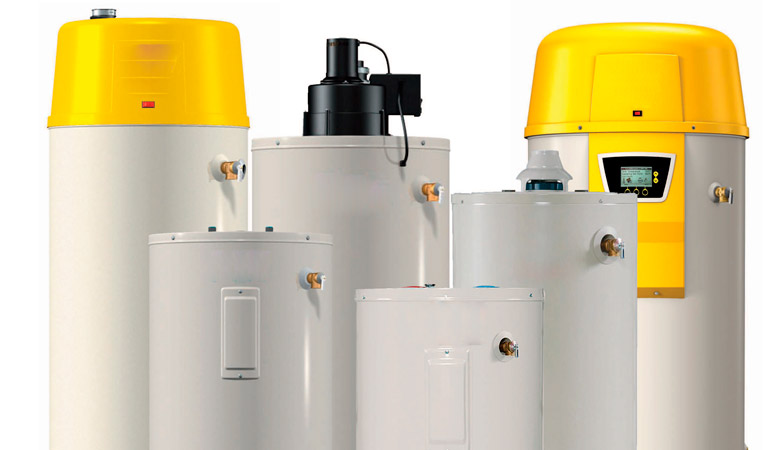Many don't get the hot water from their water heater that they are paying for due to a faulty water heater part. Don't waste your money and not even get what you are paying for and don't buy a new water heater unless it is needed
When we think about where our energy dollars go, we notice the obvious choices we see every day around the house - lights, kitchen appliances, television, and air conditioning and heating. But we tend to overlook the expense of heating water for our daily needs, however 25% of each energy dollar goes to heat water.
Tell us your situation, and we'll tell you if you have a problem.
Keep on Saving
Do as much cleaning as possible with cold water to save the energy used to heat water.
Check your faucets for leaks. They waste both water and energy! Conserve hot water by installing water-saving showerheads. A new showerhead can save as much as $10 a year in water and energy.
Reduce your water heater's temperature to 120 degrees Fahrenheit. That will produce plenty of hot water and still save energy. For homes with a dishwasher, a setting of 140 degrees is required to clean properly, but most of the new dishwashers have a built-in water temperature booster.
Many new water heaters have a "vacation" setting you can use to save energy if you're away for more than a few days. Turn the thermostat "down" or "off" when you're gone for more than three days.
Once your water is hot, insulate to help keep it that way. Wrapping exposed hot water pipes with insulation will minimize heat loss. So will installing an R-12 insulation blanket around your water heater, unless the manufacturer does not recommend it. Modern water heaters are generally very well insulated, and adding additional insulation will only save a small amount of energy. If you are having a difficult time trying to wrap the heater, and if the water heater isn't overly warm to the touch, err on the side of caution and leave it unwrapped. Instead of wrapping the heater, you could consider insulating your water pipes. This can do a lot to make sure that the heat in the tank reaches the faucet, especially if your home has metal pipes. Even insulating just the first three feet of pipes entering and leaving the tank can be worth it.

